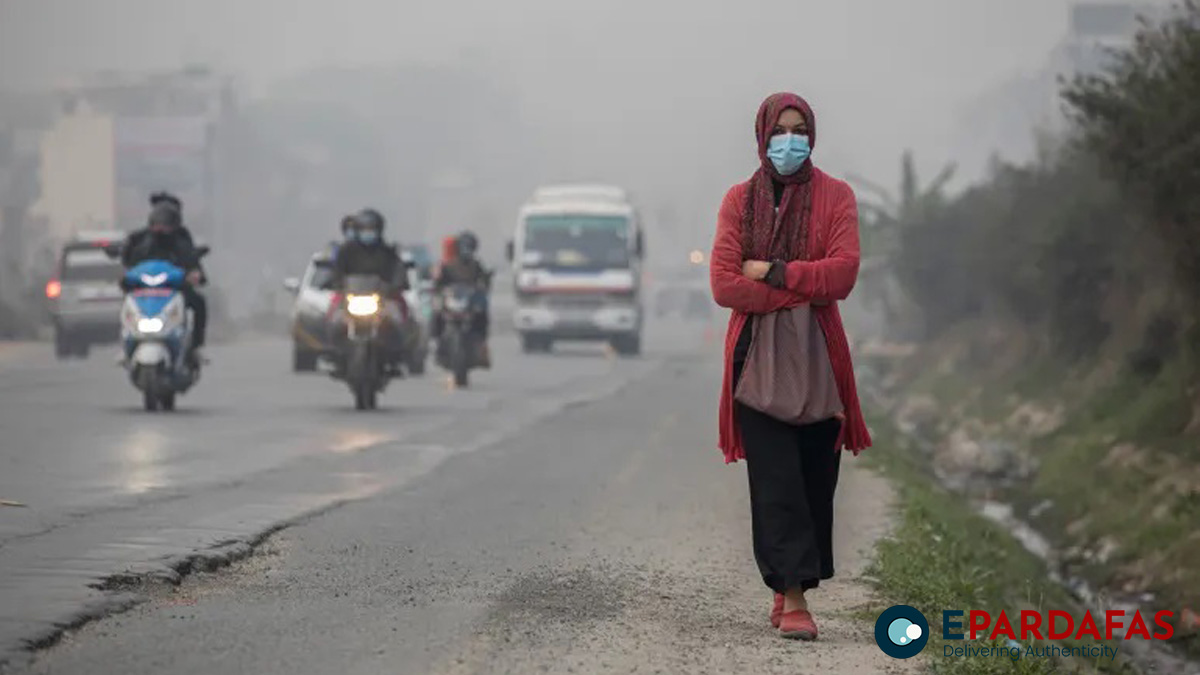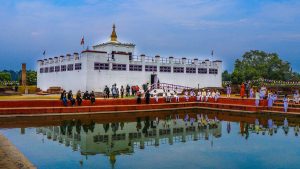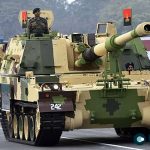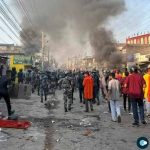The Ministry of Health and Population has issued a stark warning to residents of Kathmandu as air pollution levels soar in the capital city. With Kathmandu’s air quality ranking among the worst globally, the Ministry has urged citizens to take immediate precautions, including wearing masks to shield themselves from hazardous pollutants.
Dr. Prakash Budhathoki, spokesperson for the Ministry, emphasized the gravity of the situation, urging people to minimize outdoor activities, avoid unnecessary travel, and steer clear of highly polluted areas. The air quality index, a measure of pollution levels worldwide, has placed Kathmandu at the top of the list for ‘unhealthy air.’
“Air pollution poses severe risks to our health, affecting various organs and increasing the likelihood of respiratory illnesses, cardiovascular diseases, and even cancer,” stated Dr. Budhathoki in a press release.
Tragically, vulnerable groups such as children under five, pregnant women, the elderly, and individuals with pre-existing health conditions bear the brunt of the health impacts caused by air pollution. Shockingly, air pollution has slashed the average life expectancy of Nepalese citizens by 4.1 percent.
Citing compelling evidence and research, Dr. Budhathoki underscored that air pollution stands as a leading cause of illness and premature death in Nepal. With the summer months approaching and the likelihood of heatwaves in the Terai region increasing, the Ministry has also issued advisories urging people to stay indoors during peak daytime hours, stay hydrated, and consume liquid-based foods to prevent heat-related illnesses.
Furthermore, hospitals and healthcare facilities across the country are witnessing a surge in patient numbers attributed to the rising temperatures. The Ministry has urged citizens to remain vigilant and take proactive measures to safeguard their health amidst the escalating pollution and heat challenges.
As Kathmandu grapples with this environmental crisis, concerted efforts from both authorities and citizens are imperative to mitigate the adverse effects of air pollution and ensure the well-being of the population.














Comments